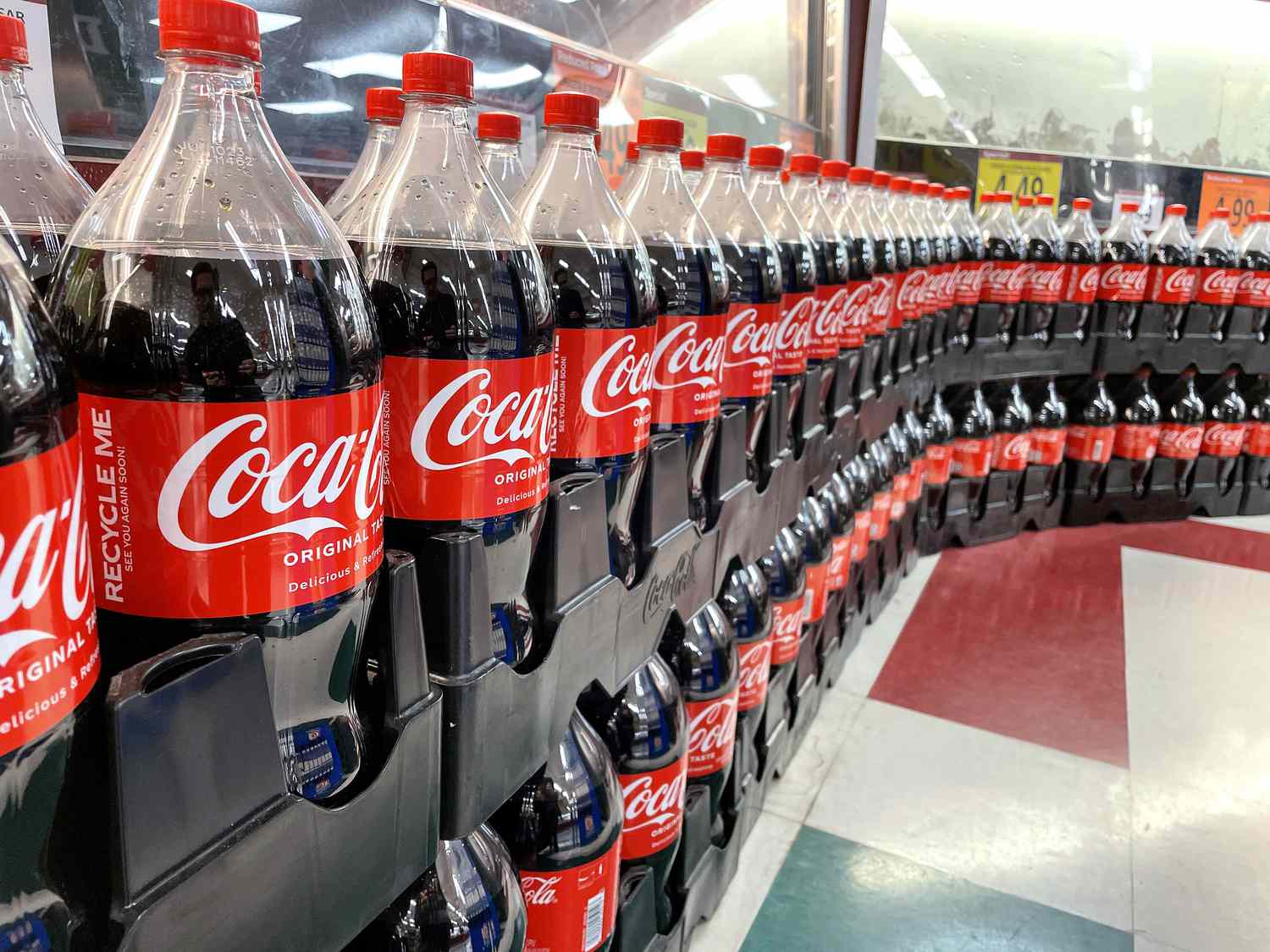On Tuesday, a new lawsuit targeted major food companies, accusing them of deliberately designing and marketing ultra-processed foods to be addictive, particularly to children. The plaintiff, Bryce Martinez, a Pennsylvania resident, claims that consuming these products caused him to develop type 2 diabetes and non-alcoholic fatty liver disease at just 16 years old.
The lawsuit names Kraft Heinz, Mondelez, Coca-Cola, PepsiCo, General Mills, Nestlé’s U.S. arm, Mars, Post Holdings, WK Kellogg, Kellanova, and Conagra as defendants. Martinez’s legal team, Morgan & Morgan, described the case as groundbreaking in its focus on food industry practices and their impact on public health.
The Growing Debate Over Ultra-Processed Foods
While evidence increasingly links ultra-processed foods to chronic health issues, the term lacks a universally accepted definition. Ultra-processed foods often include packaged snacks, sweets, and beverages made with artificially synthesized or heavily refined ingredients.
Sarah Gallo, senior vice president of product policy for the Consumer Brands Association, dismissed the classification of foods as unhealthy solely because they are processed. She argued that such approaches mislead consumers and fail to address broader health disparities.
However, U.S. Food and Drug Administration Commissioner Robert Califf has recognized the addictive potential of ultra-processed foods. Critics of the food industry, including Robert F. Kennedy Jr., President-elect Donald Trump’s appointee to lead the Department of Health and Human Services, have condemned both food companies and the FDA for insufficient regulation.
Allegations Mirror Tobacco Industry Tactics
Martinez’s lawsuit alleges that food companies knowingly engineered their products to be addictive, prioritizing profits over public health. Drawing parallels to the tobacco industry, the case accuses these companies of using strategies similar to those employed by cigarette manufacturers, such as Philip Morris and R.J. Reynolds. These companies once owned Kraft Heinz and Mondelez.
The claims against the food manufacturers include conspiracy, negligence, fraudulent misrepresentation, and unfair business practices. The lawsuit seeks compensatory and punitive damages, though the exact amount remains unspecified.
Implications for the Food Industry
This lawsuit underscores growing scrutiny of the food industry’s role in public health crises, particularly among children. If successful, it could set a precedent for holding food companies accountable for their marketing practices and product designs. As the case unfolds, it promises to fuel the ongoing debate about the regulation of ultra-processed foods and their impact on consumers’ well-being.

